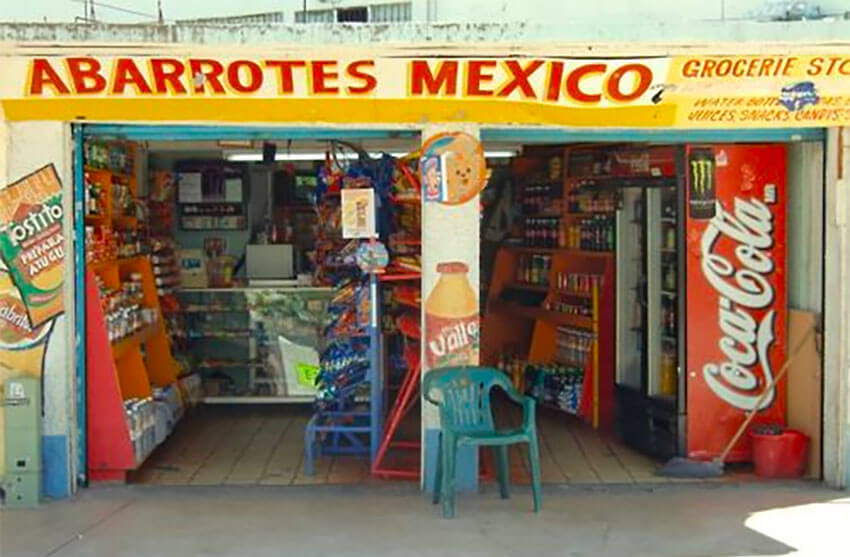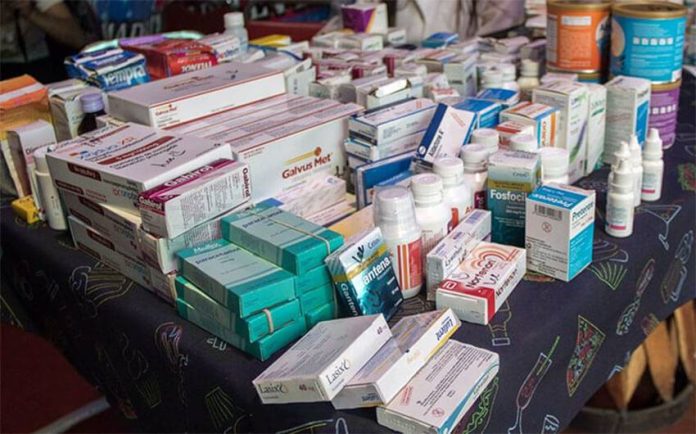As if it didn’t already have enough to do, the army could soon be distributing medications to the most remote corners of the country.
President López Obrador, who has relied heavily on the military since taking office almost three years ago, raised the possibility of using the army to deliver drugs at least twice this week.
Just as soldiers were responsible for the logistics of distributing COVID-19 vaccines across the country they could also take charge of delivering other medications, “if necessary,” AMLO said at the Mexican Social Security Institute’s annual general meeting on Tuesday.
Putting the army in charge would ensure there are no medication shortages, he claimed.
The president’s remarks came two weeks after he directed Health Minister Jorge Alcocer and the director of the National Institute of Health for Well-Being, Juan Ferrer, to resolve “without excuses” the long-running medication shortages that have plagued his government.

López Obrador said in July last year that he intended to create a state-owned company to distribute medications, medical supplies and vaccines, but it was never established and the reputation of the official tapped to head it, David León, was tarnished after videos surfaced showing him handing over large amounts of cash to one of the president’s brothers in 2015.
AMLO returned to the idea of using the army to deliver drugs at his regular press conference on Thursday. He first told reporters that he would chair a cabinet meeting Monday aimed at resolving medication shortages.
The government has sufficient medications but distribution remains a problem, López Obrador said, explaining that his administration signed contracts with distribution companies but due to “inefficiency” or “bad faith” they didn’t deliver the drugs.
He pledged that the problem would be resolved. “We’re going to distribute medicines even to the most isolated towns,” he said before quipping that his name won’t be Andrés Manuel if his government fails to resolve the shortages problem.
Probed as to whether the army would be involved in the distribution efforts, AMLO responded that the entire government would participate. If businesses can get refrescos y papitas (soft drinks and chips) to the nation’s far-flung corners, why can’t the government get medications to the same places, he asked.
If the army is given the responsibility, it will add to a long list of non-traditional tasks it is already carrying out. Among them: public security, infrastructure construction, management of the nation’s ports and distribution of textbooks.
Writing in the newspaper Milenio, columnist Carlos Marín noted with a heavy dose of irony that the challenge facing the government is to establish a distribution “structure” that does “exactly the same thing” that health authorities, pharmaceutical companies and distribution firms did before it took office in 2018 – that is deliver medication purchased by the government to the nation’s public health facilities.
The López Obrador administration, however, did away with the established distribution system because it was plagued by “assumed or real” corruption, Marín wrote.
He warned against using the military to get drugs to public hospitals and clinics, arguing that it would distract it from more important tasks.
“I don’t know how many tractor-trailers, vans, cars, motorcycles, bicycles, mules and donkeys soft drink companies use … to supply cities, towns and hamlets but I can’t imagine the army and the navy (maybe also the National Guard) diverting their vehicles for the distribution of medicines,” Marín wrote.
“The risk is that by carrying out traditionally civilian tasks, it will do its main task of guaranteeing national security poorly …”
With reports from El Universal and El Sol de México
